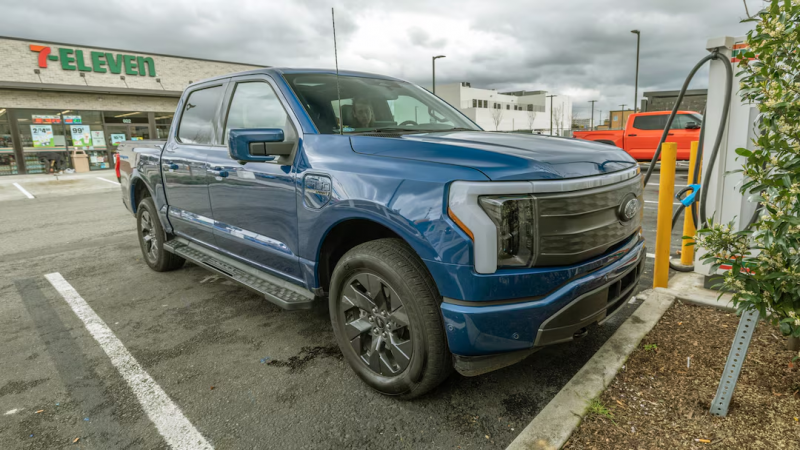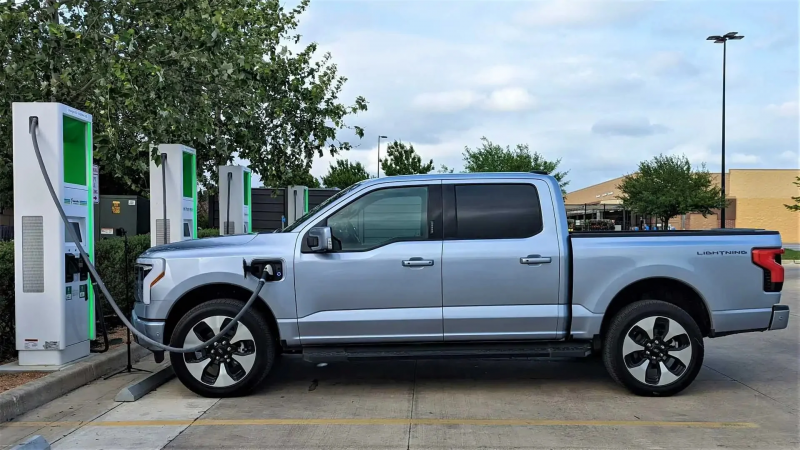A recent study from the SLAC-Stanford Battery Center suggests that electric vehicle (EV) batteries could last up to 40% longer than previously believed, thanks to real-world driving habits. Published in Nature Energy, the research highlights that activities like stop-and-go traffic, highway cruising, short trips, and extended parked periods positively impact battery longevity. This discovery could mean fewer replacements for EV owners, saving money and extending vehicle lifespans.
Traditionally, battery tests in labs simulate constant charging and discharging cycles to gauge performance and durability. However, these methods don’t reflect how EVs are used daily. By testing 92 commercial lithium-ion batteries under four profiles mimicking real-world driving, researchers found that dynamic patterns, such as frequent braking and resting periods, slow down battery degradation. Surprisingly, even sharp accelerations—once thought harmful—help preserve battery life.
This breakthrough shifts the understanding of battery aging. For everyday EV users, time-induced aging (from resting) matters more than cycle-induced aging (from frequent use and charging). These findings not only benefit consumers but also open doors for automakers to refine battery management software, tailoring it to real-world conditions for improved performance and extended lifespan.
Looking ahead, researchers aim to further explore these aging mechanisms at the chemical and material levels. These insights could pave the way for advanced control algorithms and innovations in battery design, optimizing the efficiency and durability of future EVs. This promising discovery reinforces the practicality and sustainability of electric vehicles.



